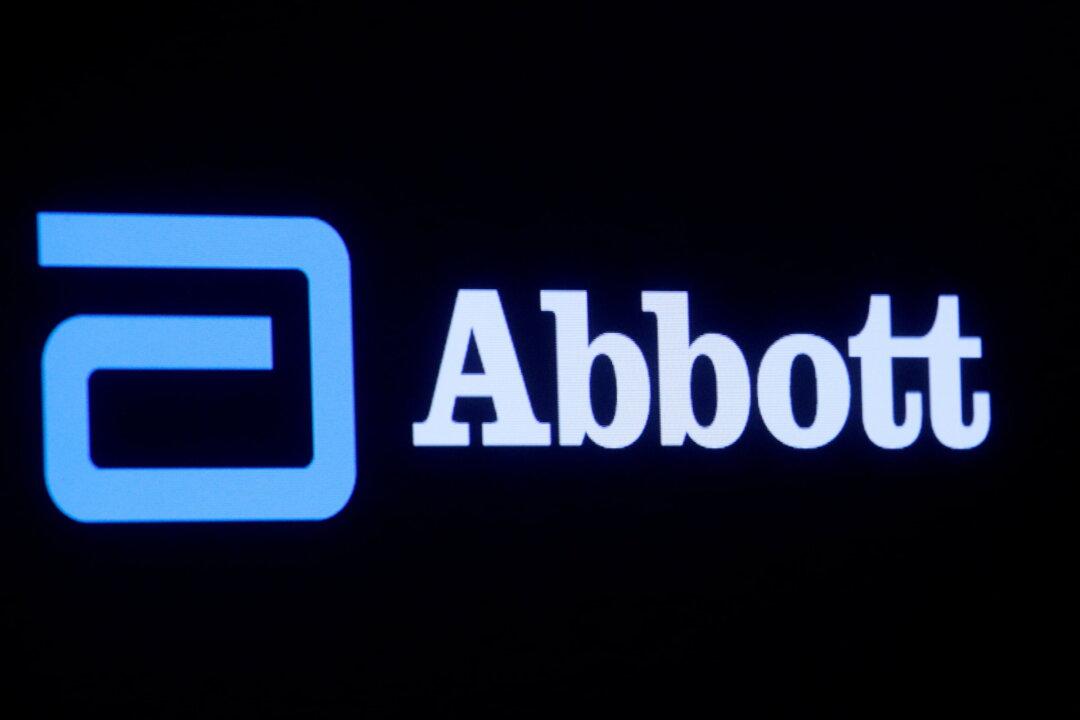Abbott Laboratories on Wednesday reported lower-than-expected medical device sales for the fourth quarter as COVID-19 curbs in China and supply-chain issues hit its international operations.
The company also flagged that medical devices sales would remain soft in the first quarter, mirroring similar comments a day earlier from rival Johnson & Johnson, which cited China’s COVID-19 outbreak as the reason for the weakness.





